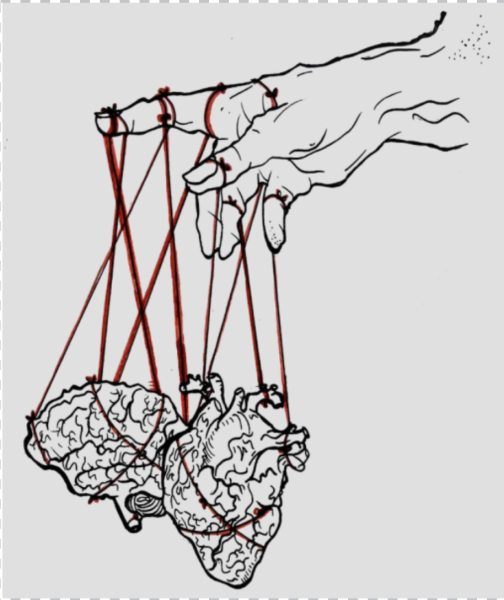Unequal Understandings
We all know of the issues associated with mental health: stigmatisation, discrimination… even romanticisation. Let me add another word to the list: inequality.
If you are a girl, you are two times more likely to suffer from mental illness in your lifetime than your male counterpart. If you are a White American, you are more likely to face short-term depression. If you are Asian, the chances that you won’t receive mental health care are pretty high.
When looked at closely, inequality – especially socioeconomic inequality – has significant impacts on mental health and prevents people from accessing health care.
At the base of inequality lies judgement. Every person in your life, including yourself, subconsciously judges themselves relative to others. This is only natural for humans, but it can get out of hand. The more you think about things like your classmate’s impossibly high test score, or how your friend laughed at you for not knowing what a word meant, the more you place yourself in a position of inferiority.
In an article published by inequality.org, the authors explain that when you stress about how successful you look to others, you have a perceived increase in social-evaluative threat– that is to say, you have a greater potential of being judged negatively by others. After this, they argue, an individual typically draws further away from community interactions. Their relationships become less profound and have little trust involved. They turn to consumerism and material richness as a way of life. At this stage, you’d expect to see more defensive attitudes and low self-esteem. The longer this goes on, the more damage there is to mental health.
I would love to say “don’t compare yourself to others”, but everyone thinks differently and life just isn’t fair all the time. The social circumstances you find yourself in are drastically different to the ones I encounter.
One such factor is being part of a minority group. The probability of facing discrimination is higher, resulting in likely mental health struggles. Similarly, research conducted by the American Psychiatric Association reveals that those part of the LGBTQ+ community show a higher tendency to experience substance abuse– gay men are 5 times more likely to abuse marjuana than heterosexual men. A person with a learning disability such as autism is yet another potential victim of mental health struggle solely because of microaggressions and insults often coming their way. Socioeconomic status is also a major cause for inequality– not having an adequate income and worrying about it is a problem over three-fourths of Americans face, taking a toll on mental health.
Social inequalities vary between so many many people that there is no one observed conclusive factor that influences mental health. Judgement of social status evidently has its effects by sparking thoughts that endanger the perceived self-worth of an individual.
Looking at the other side of the picture, we find that even for people with existing mental health problems, being subject to unequal treatment due to socioeconomic inequality is a harsh reality. Only one in three people who need mental health care can receive help.
Inequality attacks the elderly, who are less likely to be supported for mental health issues. Coming back to a recurring theme, Black adults are the least likely ethnic group in the US to obtain appropriate services. This one came as a shock to me, but young children are also prey to social inequality– perhaps due to their lack of ability to communicate at an early age. People identifying as LGBTQ+ encounter so much as not receiving responses from mental health care services once stating their identity.
The quality of mental health services provided seem to change depending on the patient: Black children, for example, have a greater chance of receiving limited and poor quality care according to a study on disparities in paediatric mental health care.
Inequality and mental health are almost like two sides of the same coin– although you might not realise it at first, they are both strongly interlinked.
Kate Pickett and Richard Wilkinson’s The Spirit Level presents the theory that societies with low inequality do better in the long-term. Our whole lives are built by what we see, feel and interpret in the world around us. It is also crucial to remember that others’ lives are built on your actions toward them. This interaction is where issues most commonly arise.
Although I am no expert, it is clear that mental health differs from person to person and also evolves over time. To be able to address each case, we need to individualise mental health to the context of an individual’s life: their finances, their relationships and the many injustices they face daily. All of these stories deserve attention. We must prepare ourselves because inequality may otherwise cause eternal heartache for humanity.

Hi! I'm Pavi and I'm in Y13. This is my fourth year in The High. I love to write articles about current events or anything that catches my interest, really....




